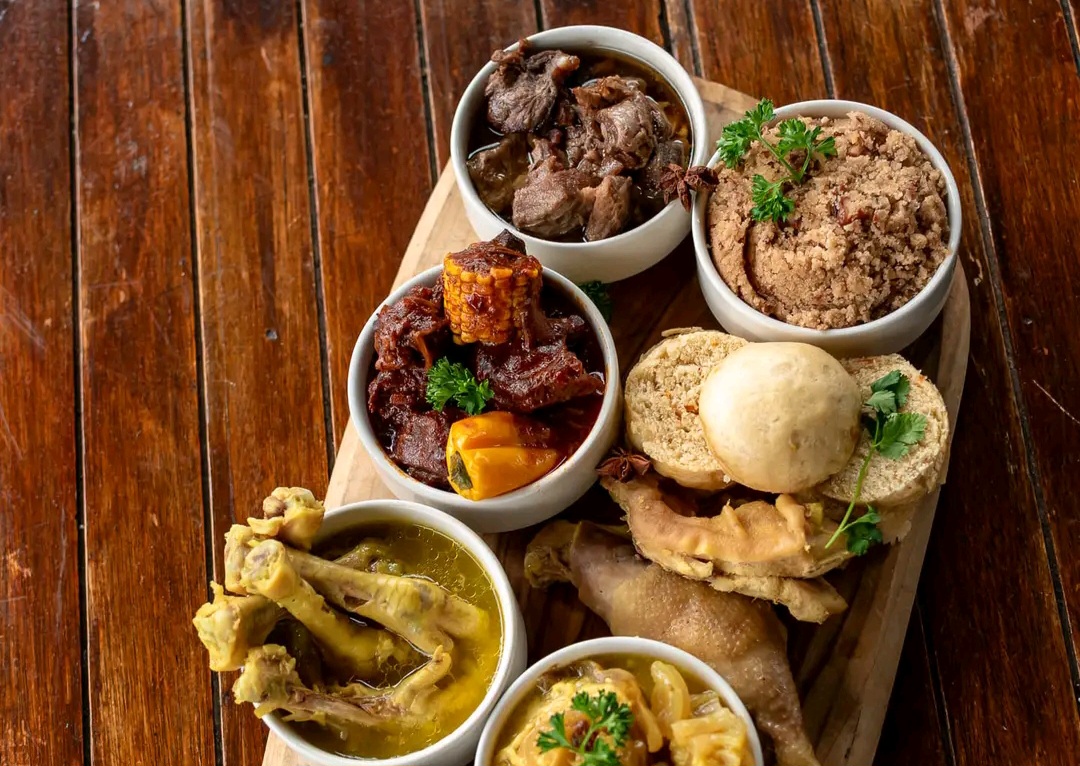By Siboniso Hlophe | Food Science
I have consumed a large amount of food—believe me—yet I have not been able to find the connection to language. There are terms for various menu options, terms for cooking instructions, for placing orders, and for expressing delightful (or repulsive) flavors. However, those are only the words, and language encompasses more than just that. Language concerns the way in which words mesh with one another and how they enhance each other.
To explore the relationship between language and food more thoroughly, I need to delve into the world of metaphor. Language is food. It can also be true that food is a language. A dish that is carefully prepared could evoke emotions just like a well-crafted sentence. The cook and the eater are both impacted by the food, as there is pride in preparing a delicious meal and enjoyment in consuming it. Continuing the practice of cooking and enjoying high-quality meals enhances an individual’s self-esteem and well-being. While it may seem romantic, that does not necessarily make it false.
The connection between individuals’ eating habits and their general health and contentment is undeniable. I have great meals with my family, and I feel healthier than when I eat cookies and popcorn at school. In this situation, I am not tempted to eat unhealthy food because I receive complimentary dinners every evening from my family. At times, I overindulge in food, but it’s usually in too many fish and sautéed vegetables, rather than an excessive amount of potato chips. Consuming nutritious food improves my mood and enhances my enjoyment of meals. I have a stronger taste sensation due to the increased flavor, and I feel more satiated after a regular meal.
To connect this with the impact of language on wellness, I will now share another example from my time staying with my aunt for a week. She is a highly considerate and involved individual, and my cousin hesitated to curse in her presence, even if it was only under his breath saying “crap” after dropping something. For that entire week, he tried hard not to use curse words. Choosing to use positive language instead of negative language enhanced my perspective on the events that occurred throughout the week. It turned out to be a wise choice, as my aunt didn’t swear at all, as I had anticipated, and my cousin found himself refraining from swearing by the end.
“I have reverted to swearing, but I still remember the calmness I experienced for that one week. I can never control it as usual, as avoiding swearing is difficult due to its prevalence in everyday life. Nevertheless, by steering clear of it, I had a comparable outcome to avoiding excessive consumption of unhealthy oil; I felt more self-regulated and less anxious or worked up. Feeling proud of speaking well is akin to feeling proud of preparing a delicious meal” narrated Sam, my cousin.
In my view, eating healthily and communicating mindfully impact a person in a similar way. People have the freedom to decide their level of involvement in their own culture, and the options are numerous. Even though one focuses on the body and the other on the mind, both enhance an individual’s emotional well-being. It might require some work, but the outcome is valuable.






